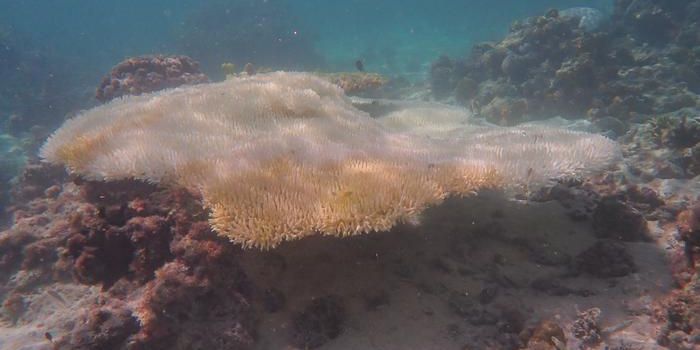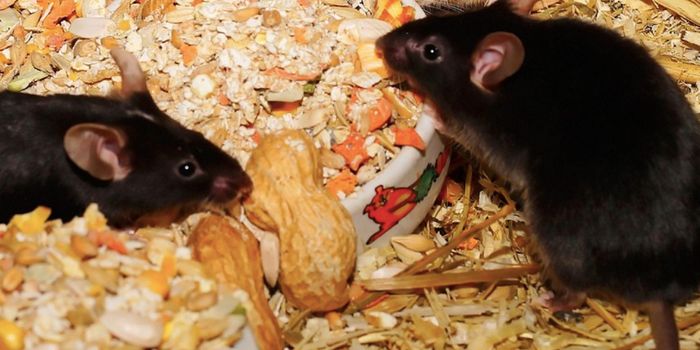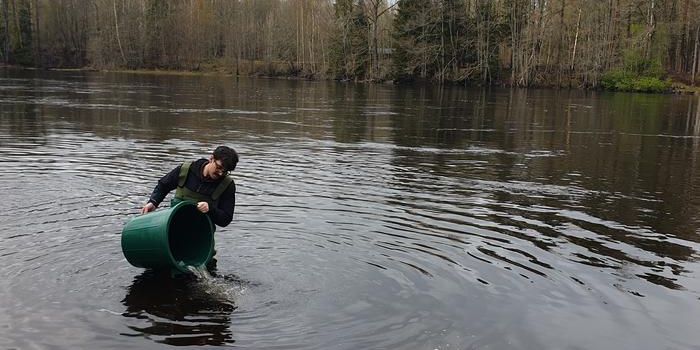Does the Weather Impact Your Likelihood of Being Bitten by a Rattlesnake?
Venomous snakes, especially rattlesnakes, sport a somewhat salty reputation for biting humans when threatened in their natural habitat. Another frequently-cited notion about rattlesnakes is that they’re more likely to lash out against humans during times of severe drought. While the first idea is factual, does the second idea follow suit?
Image Credit: Pixabay
Curious researchers happened upon warning signs about rattlesnakes while they were visiting California during a notorious drought in 2015, and it got them thinking. A quick dig into the matter uncovered zero scientific evidence indicating that rattlesnakes became more violent during times of drought, and so the researchers went on to conduct a study of their own.
“The popular press was riddled with articles and publications about snakebite increases during drought,” said professor Grant Lipman from Stanford University. “However, there was no science in North America showing this to be true.”
Related: What to do if bitten by a snake
Their findings, which are now published in the journal Clinical Toxicology, denote that the opposite could be true; people may have a higher likelihood of being bitten by a rattlesnake during the wetter, rainier time of the year than during times of drought.
The researchers allegedly reached this conclusion after scrutinizing 5,365 cases of rattlesnake bites that were reported in the 20-year window between 1997-2017. They later cross-referenced each case with weather data gathered by both NASA and the National Drought Mitigation Center to better understand the circumstances.
Astonishingly, snakebite risks in California appeared to increase by approximately 4% for every 10% increase in rainfall. The findings are a substantial departure from the best practices and warnings issued by local news agencies and posted warning signs. (Oops!)
Given the fatality risks imposed by rattlesnake bites, the findings come with frightening implications. With climate change being a primary topic of concern these days, warmer weather could result in more storms meeting the West coast, and like a domino effect, more reported cases of rattlesnake bites.
Related: Blue coral snakes have venom unlike any other snake
“There are some deniers of climate change out there, but I have never heard of a snakebite denier,” Lipman added. “Hopefully studies like this can act as a wake-up call to people that our actions that are fueling climate change are leading to measurable impacts on human health.”
Source: Popular Science, Clinical Toxicology









